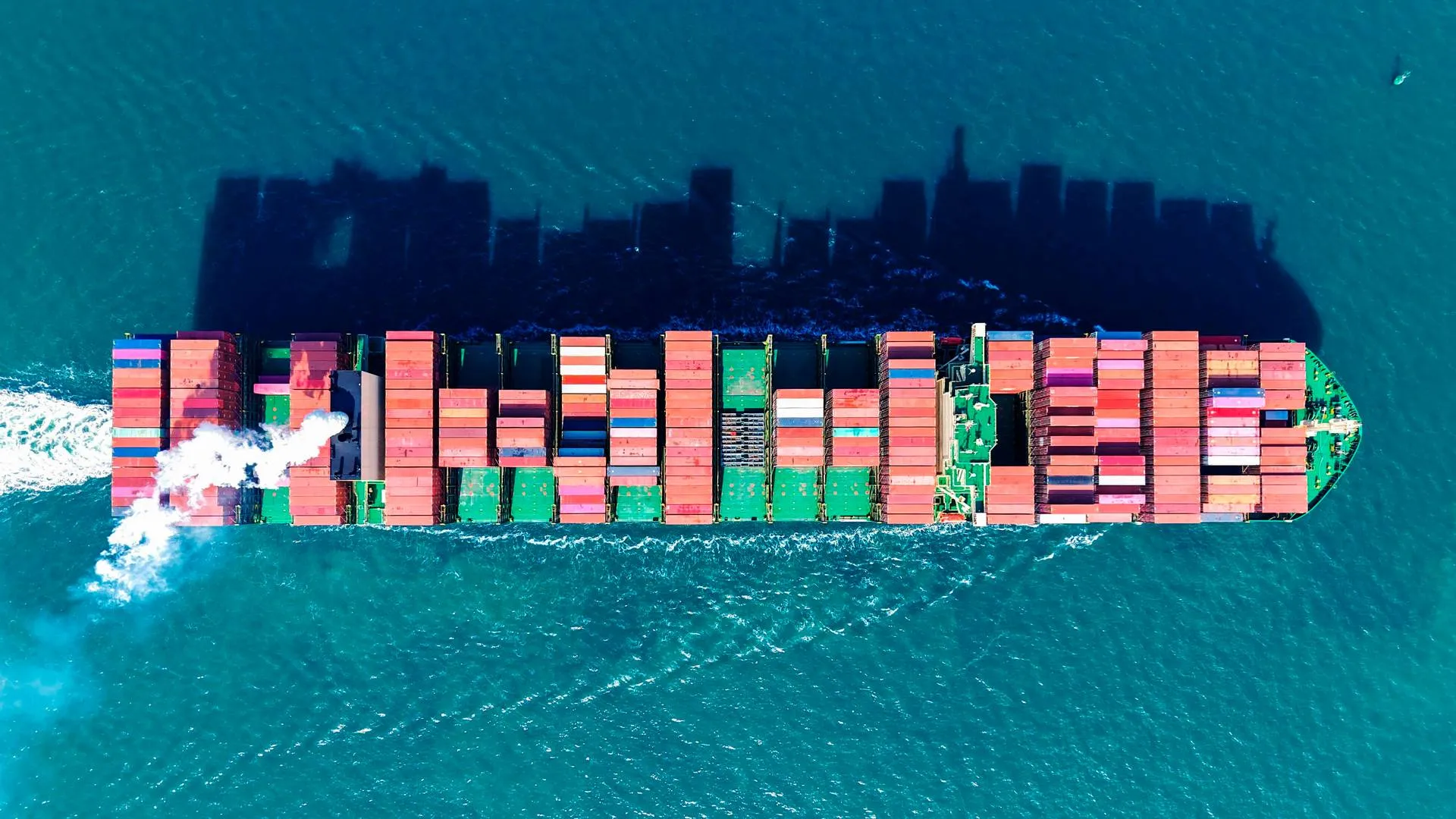With demand for offshore wind vessels expected to continue to grow, a contract has been awarded to APCL Cammell Laird to analyse whether it is feasible to build service operation vessels in the UK
The contract was awarded to APCL Cammell Laird by the Offshore Renewable Energy (ORE) Catapult, National Shipbuilding Office and The Crown Estate.
With more than 850 GW of offshore wind capacity expected to be installed globally by 2050, there is a need for major growth in the production of service operation vessels (SOVs) to support this expansion. Analysis carried out by ORE Catapult shows that hundreds of these ships are likely to be in operation around the world in the years to come, with an associated global market of nearly £35Bn (US$45Bn) between now and 2050.
“The UK has a proud shipbuilding heritage,” said the ORE Catapult, “but pathways must be found for how the country can transfer this to industries that are set to play crucial roles in the future Net Zero economy, like offshore wind. This work will help to develop knowledge of how the UK can provide vessel manufacturing to support offshore wind, delivering jobs and economic investment to communities around the country.”
ORE Catapult clean maritime manager Lauren Hadnum said, “We know that for the UK to tap into the full potential offered by offshore wind, we’re going to need to dramatically increase the number of vessels that are able to maintain the turbines of the future. It is vital, therefore, that we work to ensure as many of those vessels as possible can be manufactured in British shipyards. This work will help us to better understand what needs done to make this a reality, and outline ways in which industry and government can work together to develop a successful and joined up approach to UK shipbuilding for offshore wind.”
APCL Group chief technology officer Linton Roberts said, “APCL Cammell Laird is delighted to have been selected to lead the UK SOV manufacturing business case development study. This project represents a significant step forward in strengthening the UK’s position in offshore renewable vessel manufacturing.We are committed to delivering a robust, evidence-based business case that will shape the future of sustainable shipbuilding and reinforce the UK’s role in the global offshore wind supply chain.”
National Shipbuilding Office chief executive Rod Paterson said, “There is significant predicted domestic and global demand for SOVs and crew transfer vessels over the coming decades, which I believe the UK shipbuilding sector is well placed to compete for and win market share.”
The Crown Estate offshore wind strategy director Will Apps said, “The UK is one of the world’s leading offshore wind energy producers, second only to China, and will rapidly increase the scale of offshore deployment to deliver the government’s 2030 clean power targets. Developing the domestic supply chain will be an essential factor in our continued success.
“We expect a significant uplift in demand for SOVs in the coming years, with the potential to create jobs and economic growth within communities around the UK. One particularly interesting output from the study will be the feasibility assessment of low or no emissions SOVs operating in the UK, acknowledging the importance of decarbonising the offshore wind sector itself and of the operation and maintenance of windfarms.”






